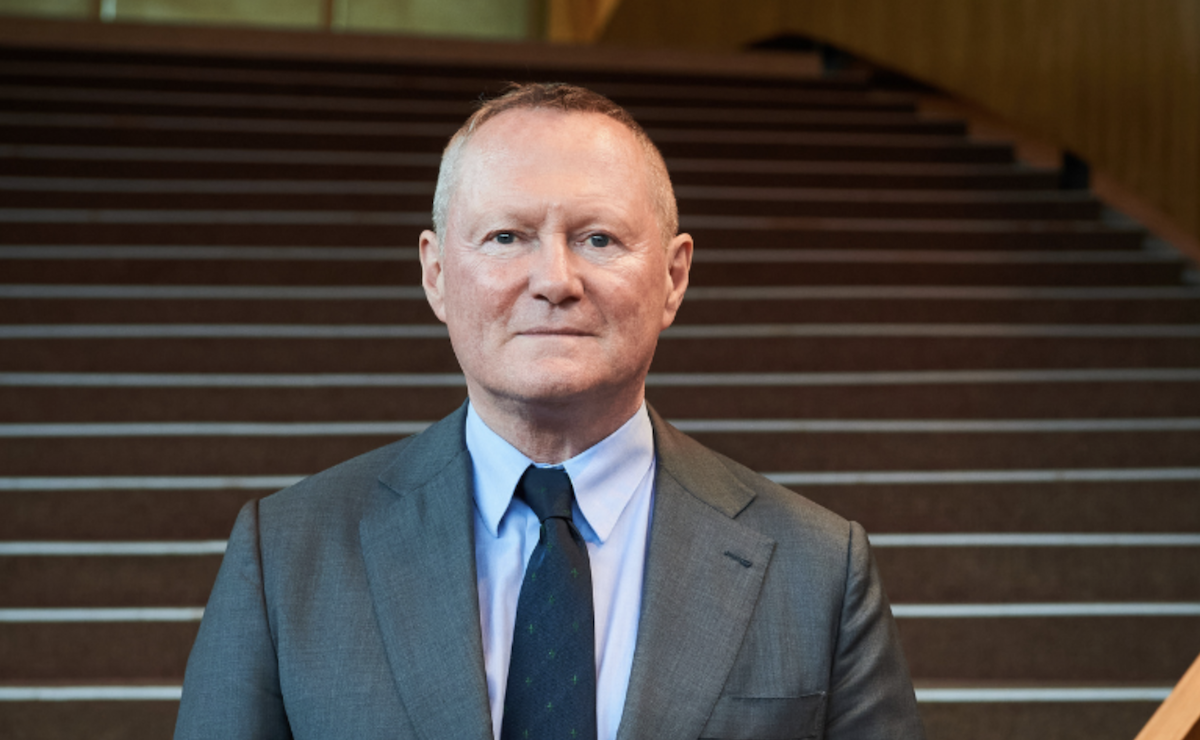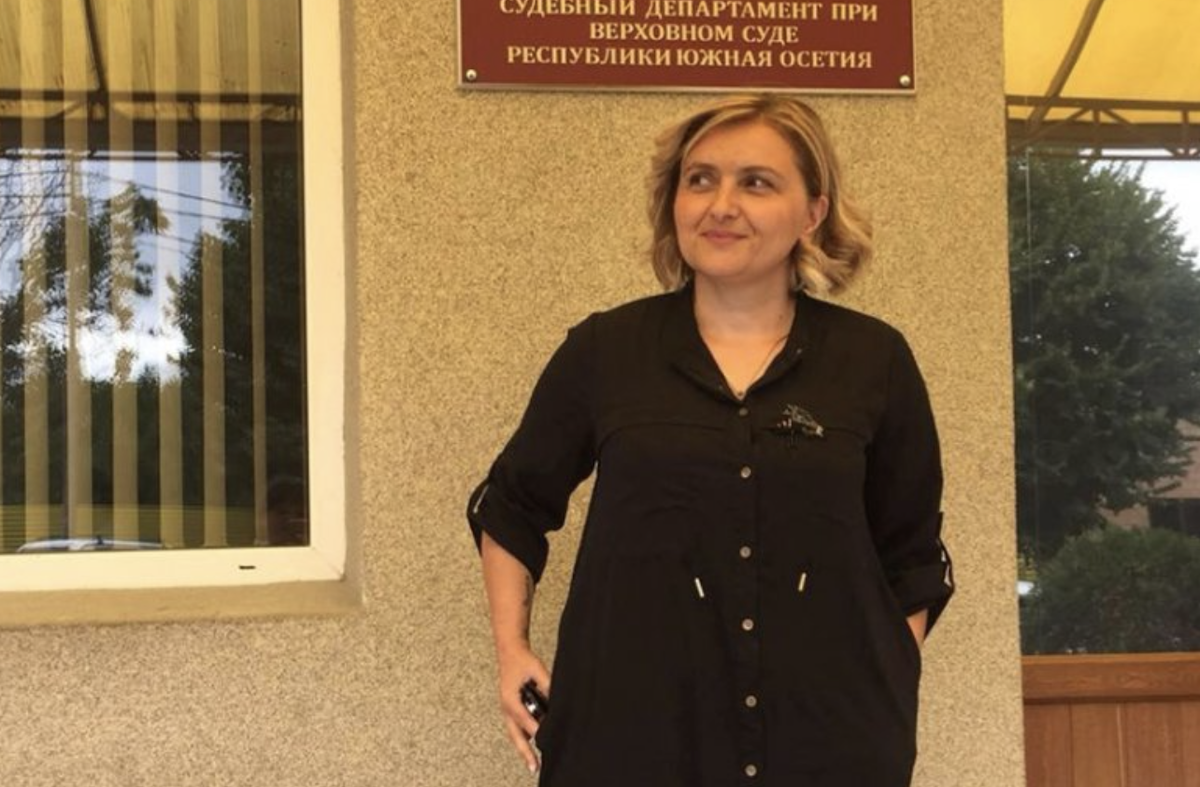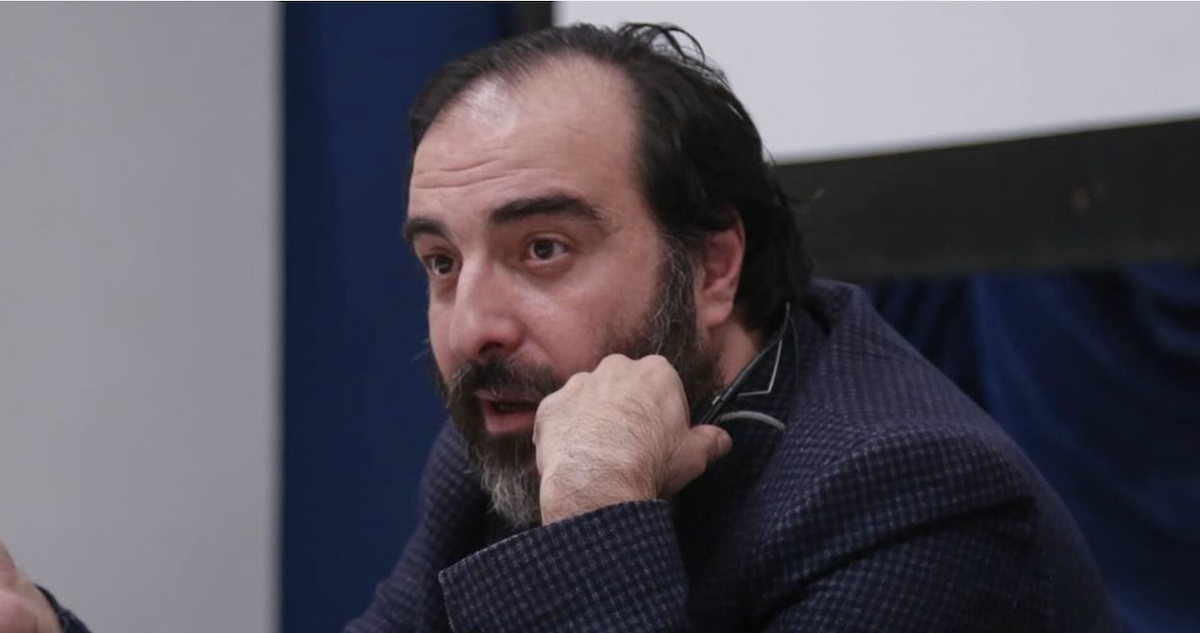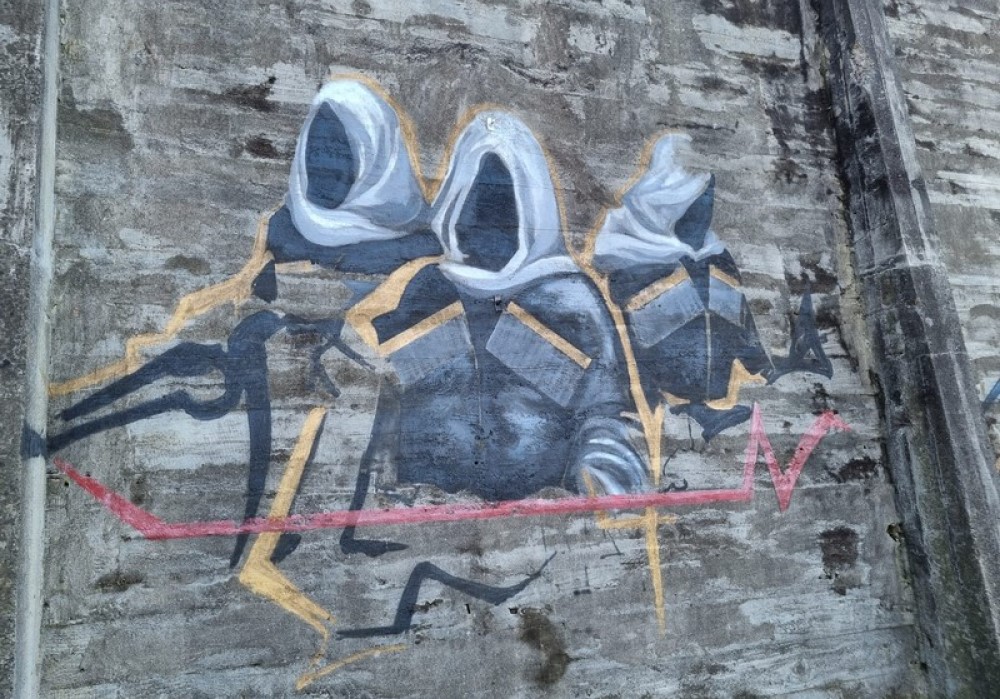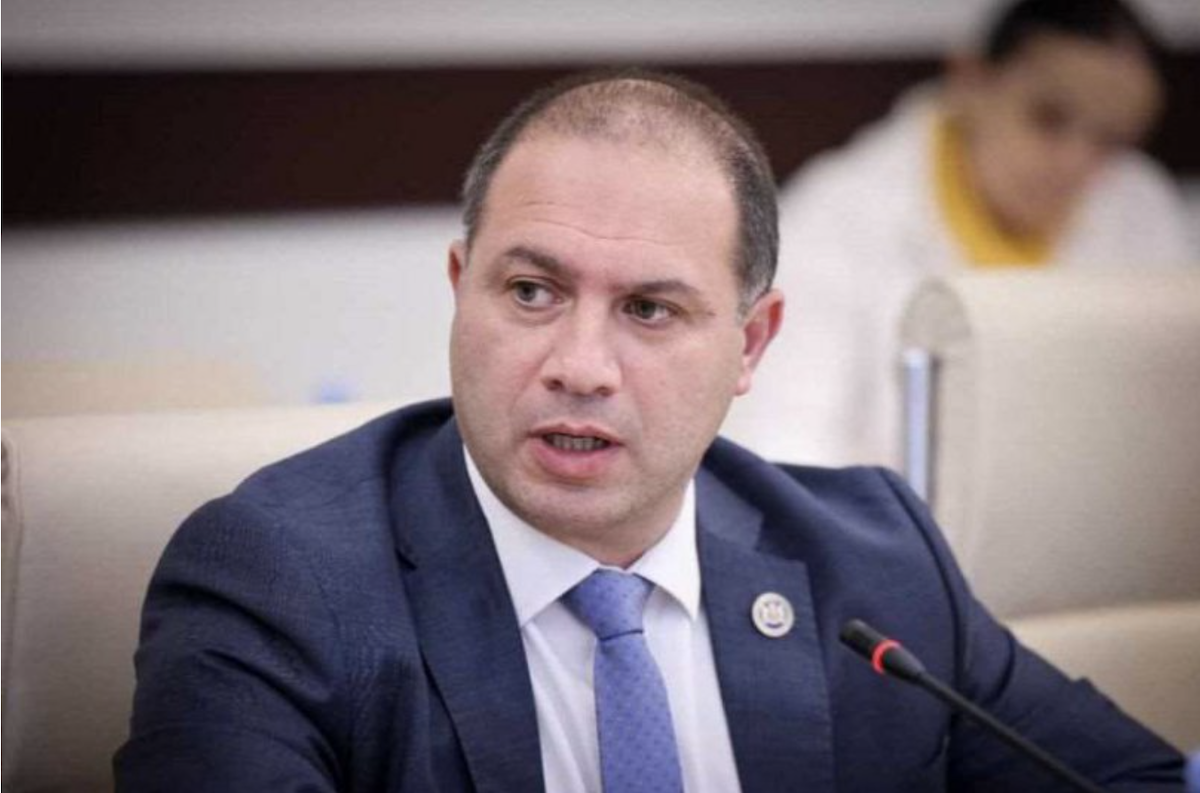"On any of your channels": Opposition invites Georgian government to debate
Three parties propose a debate with government
The opposition parties “Droa” (“It’s time”), “Girchi – More Freedom” and “Strategy Agmashenebeli” have challenged the Georgian Dream party to a debate. Opposition leaders Giorgi Vashadze, Elene Khoshtaria and Zurab Girchi Japaridze issued a joint statement offering the ruling party to meet on any government-controlled TV channel. The goal of the politicians is to explain to the public exactly what problems the Europeans see in the steps taken or not taken by the Georgian Dream on each of the EU’s 12 recommendations. The opposition also believes it is time to explain why Georgia is so unlikely to get the status of EU candidate.
GD member Anri Okhanashvili reacted to this statement by calling their leaders propagandists:
“These people are propagandists against our country. They do not have legitimacy within the country. They do not have the resources to get the support of society, so now they travel abroad and campaign against our country from there. This is shameful. This is a diversion against the country and society. People always see this for what it is,” Anri Okhanashvili said, implying that the opposition leaders hatched this plot after a visit to Brussels.
On October 26, Agmashenebeli Strategy, Girchi – More Freedom and Droa agreed on coordination and joint cooperation “with the aim of obtaining the status of the European Union and deoligarchization.” Defeating the Georgian Dream regime without unification is “extremely difficult,” according to party leaders.“The country has a choice – either we go to the West and Europe or we remain under the influence of Russia. I think the unity of the opposition for this common goal is extremely important.
Without unity, coordination and joint action, it is extremely difficult to defeat this system and this monster headed by Ivanishvili, so we are talking with everyone and trying to find points of intersection,” Zurab Japaridze, leader of Girchi-More Freedom, says.
“On October 19-21, as part of our visit to Brussels we had several meetings with both European politicians and high-ranking officials of the European Commission, who are directly involved in the issues of Georgia and our region in the assessment process.
At the end of the visit, we familiarized the Georgian population with the mood and expectations that we encountered during these meetings. In particular:
- The relevant structures of the European Union believe that Georgia had all the prerequisites for obtaining the status of a candidate member of the EU in June 2022, together with Ukraine and Moldova, but the steps taken and not taken by the Georgian Dream led to the denial of this status and the requirements of the European Commission put forward in the 12 points;
- At the end of 2022, there will most likely be no assessment of the 12 points
- Assessment preparation will start in February-March 2023; Europeans do not see the point in starting earlier, because at the moment there is no significant progress in terms of meeting the requirements;
- The assessment will be completed and made public by the end of 2023;
- The assessment will most likely be negative – that is, Georgia will again be denied the status of EU candidate;
- This is because the EU wants see real, practical results. There is simply no time left to fulfill some of them – consider just the one point about deoligarchization.
Our briefing was followed by completely irresponsible and ridiculous comments by the parliamentary representatives of the Georgian Dream, as well as stories on state TV channels, in which we were called “loafers”, “enemies of the country, and so on,” a joint statement by opposition members read.
- Fateful 180 days: can Georgia become an EU candidate and what Tbilisi should do to meet all criteria?
- Ten years of Georgian Dream: Successes and failures. Expert analysis
- Ukraine imposes sanctions on Ivanishvili’s brother
On July 13, it became known that Georgia will receive a deferment to evaluate the fulfillment of twelve recommendations which the European Commission developed as conditions for obtaining the status of EU candidate country. The EU will assess the fulfillment of the recommendations in 2023, not at the end of 2022, European Commission spokesman Michael Rupp said in the European Parliament.
On June 17, the European Commission prepared a report on granting Georgia, Ukraine and Moldova the status of candidates for EU membership. It was decided that Ukraine and Moldova would receive this status, while Georgia would first have to fulfill the twelve points.
Georgia, Ukraine and Moldova applied for EU candidate country status in March 2022.
Three parties propose a debate with government










